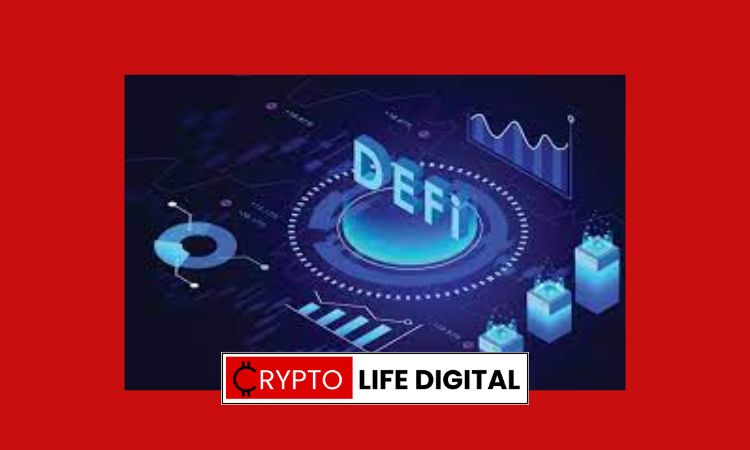All You Need To Know On Decentralized Finance (DeFi)

Decentralized finance, commonly referred to as DeFi, is an emerging area of the cryptocurrency space that seeks to provide financial services and products in a decentralized manner. Unlike traditional finance, which is centralized and dominated by large financial institutions, DeFi operates on a blockchain network, providing users with a more accessible, transparent, and secure way of accessing financial services.
DeFi offers various financial services, such as lending, borrowing, trading, and investing, all without intermediaries or the need for a trusted third party. It aims to empower users to have full control of their assets and participate in financial activities without limitations or restrictions.
Features of Decentralized Finance
One of the fundamental features of DeFi is its use of smart contracts, which are self-executing contracts with the terms of the agreement directly written into code. Smart contracts operate on a blockchain network, making them immutable and tamper-proof. They enable the automation of financial transactions, allowing for more efficient, transparent, and cost-effective operations.
DeFi is built on top of the Ethereum blockchain, which is the most popular blockchain network for decentralized applications (dApps). Ethereum provides a robust infrastructure for building and deploying smart contracts, making it an ideal platform for DeFi applications.
DApp
Lending and borrowing are one of the most popular DeFi applications. In DeFi lending, users can lend their digital assets to others and earn interest on their holdings. Borrowers can also access loans without having to go through the traditional banking system. DeFi lending platforms such as Aave, Compound, and MakerDAO offer users the ability to borrow and lend various cryptocurrencies, including stablecoins such as DAI, which are pegged to the US dollar.
Another popular DeFi application is decentralized exchanges (DEXs). DEXs operate without intermediaries or central authority, allowing users to trade cryptocurrencies directly with each other. This eliminates the need for a trusted third party, making transactions faster, cheaper, and more secure. DEXs such as Uniswap, SushiSwap, and Curve have gained significant traction in recent years, with billions of dollars in trading volume.
Stablecoin
Stablecoins are another important DeFi innovation. Stablecoins are cryptocurrencies that are pegged to a stable asset, such as the US dollar, Euro, or gold. They provide a stable store of value and allow for seamless transactions without the volatility associated with other cryptocurrencies. Tether (USDT), USD Coin (USDC), and Dai (DAI) are some of the most popular stablecoins used in DeFi.
DeFi also offers users the ability to earn passive income through yield farming. Yield farming is the process of staking cryptocurrencies to earn rewards in the form of new tokens. Users can earn rewards by providing liquidity to DeFi protocols or by staking their tokens in yield-farming pools. Yield farming has become a popular way for users to earn passive income and participate in DeFi.
However, DeFi is not without its risks. Since DeFi operates on a blockchain network, it is subject to the same vulnerabilities as other blockchain-based systems. Smart contract bugs and vulnerabilities can lead to the loss of user funds. DeFi also faces regulatory challenges, as many governments have not yet developed clear regulatory frameworks for decentralized finance.
In conclusion, DeFi is a fast-growing area of the cryptocurrency space that seeks to revolutionize traditional finance. DeFi offers users a more accessible, transparent, and secure way of accessing financial services without intermediaries or the need for a trusted third party. Its use of smart contracts and blockchain technology enables more efficient, transparent, and cost-effective financial transactions. However, as with any emerging technology, there are risks involved, and users should exercise caution when participating in DeFi activities.
Follow us on Twitter, Facebook, Telegram, and Google News

Cryptolifedigital is a cryptocurrency blogger and analyst known for providing insightful analysis and commentary on the ever-changing digital currency landscape. With a keen eye for market trends and a deep understanding of blockchain technology, Cryptolifedigital helps readers navigate the complexities of the crypto world, making informed investment decisions. Whether you’re a seasoned investor or just starting out, Cryptolifedigital’s analysis offers valuable insights into the world of cryptocurrency.






